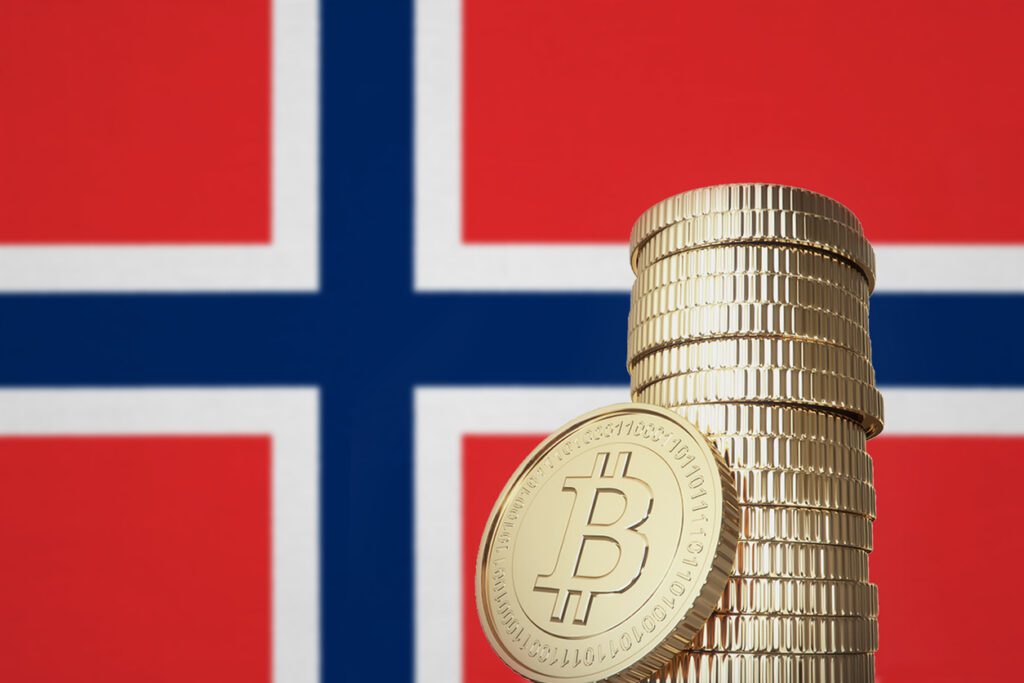Norway has introduced new legislation aimed at regulating data centers, a move that could bring about heightened scrutiny for Bitcoin miners within the country. This new framework requires all data centers to officially register and provide comprehensive details about their operations, marking Norway as the first European country to implement such a regulatory approach.
Under the new law, all data centers in Norway, including those used for Bitcoin mining, must register with the government. This registration must include information about the ownership, leadership, and specific digital services provided by these facilities. The intent behind this legislative move is to give local politicians and authorities a clearer understanding of the data center landscape, enabling more informed decisions regarding the approval or denial of their operations.
- Mandatory Registration: All data centers must disclose detailed operational information.
- Purpose: To provide local governments with data to make informed decisions about data center operations.
Government Perspective and Intentions
Norwegian Energy Minister Terje Aasland expressed that the primary goal of this regulation is to filter out undesirable projects from the country, particularly those perceived as detrimental to environmental and economic interests. Aasland highlighted concerns about the crypto mining industry, particularly its association with significant greenhouse gas emissions and its consumption of cheap energy resources.
- Environmental Impact: Crypto mining is linked with substantial greenhouse gas emissions.
- Resource Consumption: The government criticizes the crypto industry for exploiting Norway’s cheap energy.
The timing of this legislation coincides with the upcoming Bitcoin halving event, which is set to reduce the rewards for block issuance by half, potentially impacting the profitability of mining operations. This could place additional financial strain on miners, who may face tougher operational conditions under the new regulatory framework.
- Increased Scrutiny: Tighter regulations and registration requirements.
- Economic Pressure: Reduced profitability due to the Bitcoin halving and potential increases in operational costs.
Regional Impact and Sectoral Overview
In northern Norway, where electricity costs are lowest, Bitcoin mining operations consume a significant amount of power, comparable to the energy usage of the Lofoten district. This has raised concerns about the sustainability and societal benefit of such activities, contrasting sharply with the government’s preference for data centers serving more socially beneficial roles, such as storage servers.
- Bitcoin Mining vs. Local Needs: Crypto mining competes with regional energy requirements, adding to tensions over resource allocation.
Future of Digital Infrastructure
As Norway continues to advance its digitalization agenda, the new data center legislation will provide critical data that will aid in shaping the country’s digital future. Karianne Tung, the Minister of Digitalization and Public Governance, indicated that the information gathered through this new registration process will be pivotal in steering Norway’s ongoing digital transformation efforts.
- Enhanced Oversight: The legislation will help monitor and manage the digital sector more effectively.
- Support for Digital Transformation: Data obtained will inform broader national strategies on digitalization.
The introduction of this legislation represents a significant step in Norway’s approach to managing its digital infrastructure. By requiring comprehensive registration and reporting from data centers, the government aims to promote a more sustainable and economically beneficial digital environment. For Bitcoin miners, this may mean navigating a more challenging landscape that demands greater transparency and compliance with stricter environmental standards.









